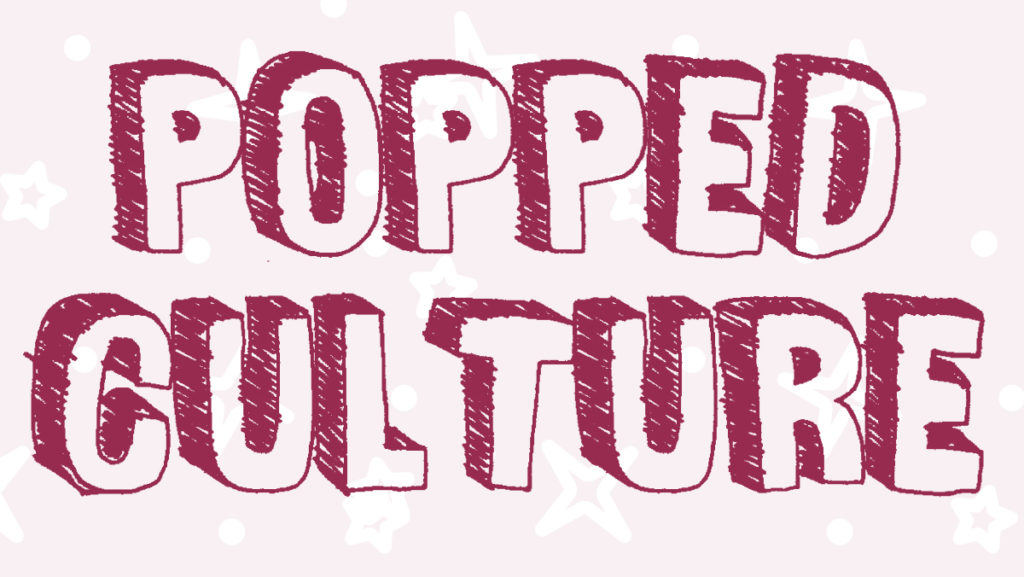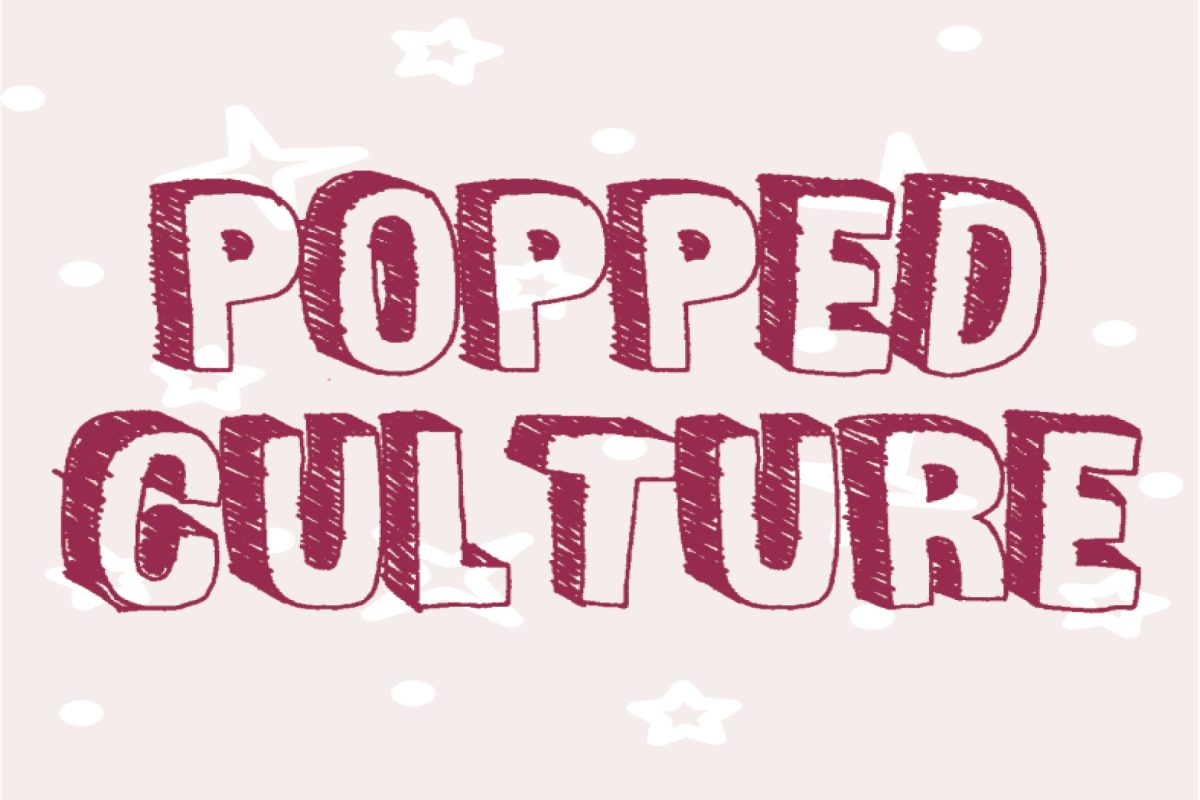In an interview with Indiewire about her latest film, “Portrait of a Lady on Fire,” director and writer Céline Sciamma said, “We want people to have their heart broken and think about themselves.” Although she made this statement about “Portrait of a Lady on Fire,” it accurately represents all of Sciamma’s cinematic output so far. With now four feature films under her belt as a director, Sciamma is quickly becoming an important vanguard of international and feminist filmmaking, and I believe she is someone all cinema fans should pay attention to.
In her personal life, Sciamma is an outspoken feminist and political activist. In 2018, she participated in a protest at the Cannes Film Festival against inequality. The demonstration called attention to the fact that women win fewer awards at festivals proportionally to men. In the history of Cannes, only one film directed by a woman took the top honor, the Palme d’Or — Jane Campion’s “The Piano” in 1993. Sciamma is also an advocate for the 5050 by 2020 movement, which is a group highlighting gender inequality in the film industry.
Sciamma’s personal fearlessness effectively influences her idiosyncratic filmmaking style. The stories of Sciamma’s film focus on naturalistic characters in real–world scenarios. They’re often about women coming of age with themes exploring gender and sexual identity. Her films are generally subdued and sparse in nondiegetic music. That’s the type of music most often found in traditional cinema — a musical score that exists outside the film’s natural world. To complement this, her cinematography is highly composed and artful.
In the mid-2000s, Sciamma wrote the script for what would become her debut film, “Water Lilies,” which premiered in 2007. The film charts the adolescence of a young girl as she develops an emotional attraction to a mysterious girl on the synchronized swim team. Formally, it established Sciamma’s focus on minimalism and stories about youth struggling with their identities. In 2011, she released her sophomore feature as a director, “Tomboy,” a film that follows a gender nonbinary child learning to express themselves during a holiday vacation. “Tomboy” further plays with this theme of confusion, but the film’s goal is to represent the acceptance of a marginalized member of society. This theme appears most prominently in Sciamma’s third film, “Girlhood,” released in 2014. The story focuses on Marieme (Karidja Touré) growing up in a poor suburb of Paris, trying to fit in with the gang of girls around her. Together the films make up a wonderful thematic coming-of-age trilogy.
Sciamma was able to make a name for herself through these films, and all of them but “Tomboy” screened at Cannes, as well as many other film festivals. Over the course of her career, she gained award recognition from ceremonies such as winning Best Cinematography at the César Awards and Best Screenplay at the Lumières Awards. All of this culminated with the release of her fourth feature, “Portrait of a Lady on Fire,” which premiered at the 72nd Cannes Festival in May 2019. At Cannes, the film was enormously well-received. It also took home the awards for Best Screenplay and the Queer Palm, making Sciamma a household name in the international film community.
“Portrait of a Lady on Fire” is the story of Marianne (Noémie Merlant), who is called to a remote villa in west France in order to paint the portrait of a young woman. The film focuses on the ever-evolving relationship and intimacy of these women in the late 18th century. “Portrait of a Lady on Fire” is a deeply personal and heartbreaking work from a powerful storyteller that deserves to reach the widest audience. Her style is approachable, and her stories are easy to follow.
Similarly to Sciamma’s previous films, “Portrait of a Lady on Fire” employs a singular artistic vision and communicates a message of intimacy and acceptance for marginalized characters. Furthermore, it plays with common assumptions of historical heteronormativity and challenges them through an honest depiction of queer relationships in the 1700s. As a piece of international filmmaking, it becomes accessible to almost any audience.
With only four great films so far, it is clear Sciamma shows no signs of slowing down her production of fantastically emotional cinema. As she continues her career, she deserves to be seen by as large an audience as possible. In a world where film lovers want to champion diverse and exceptional voices, Sciamma’s name should be at the top of the list.





